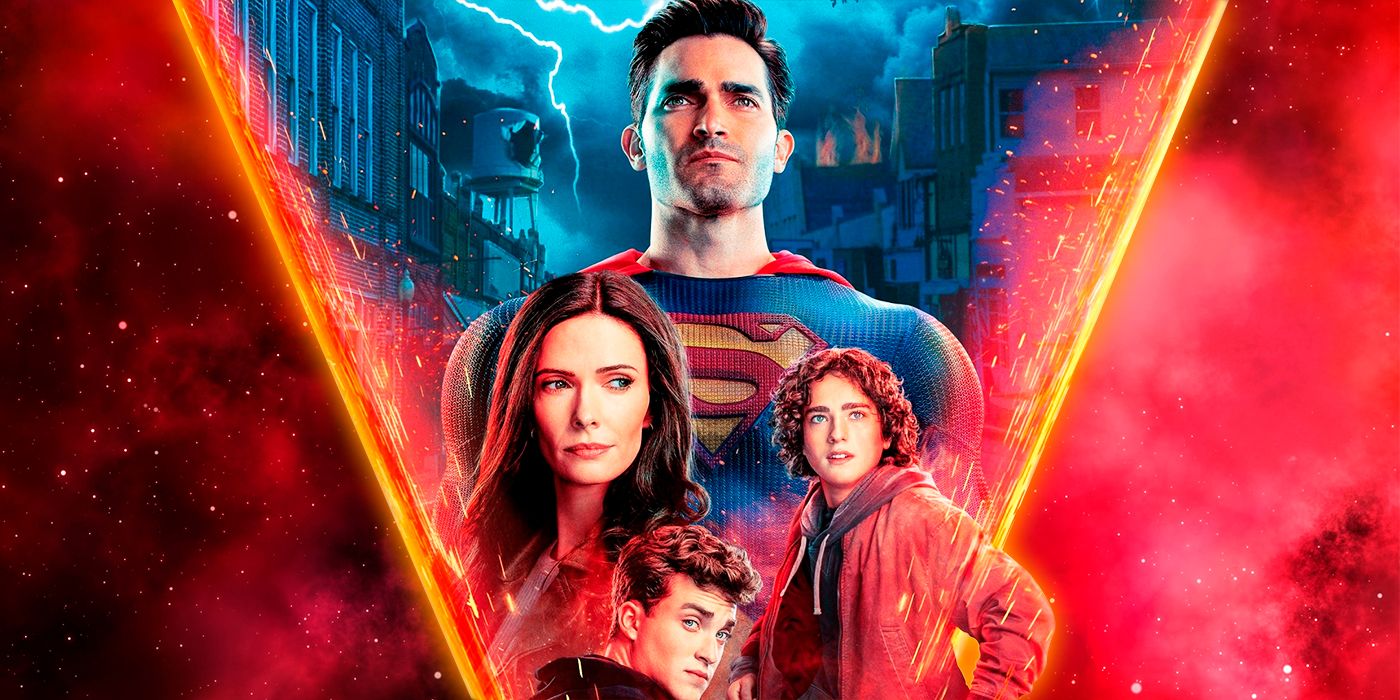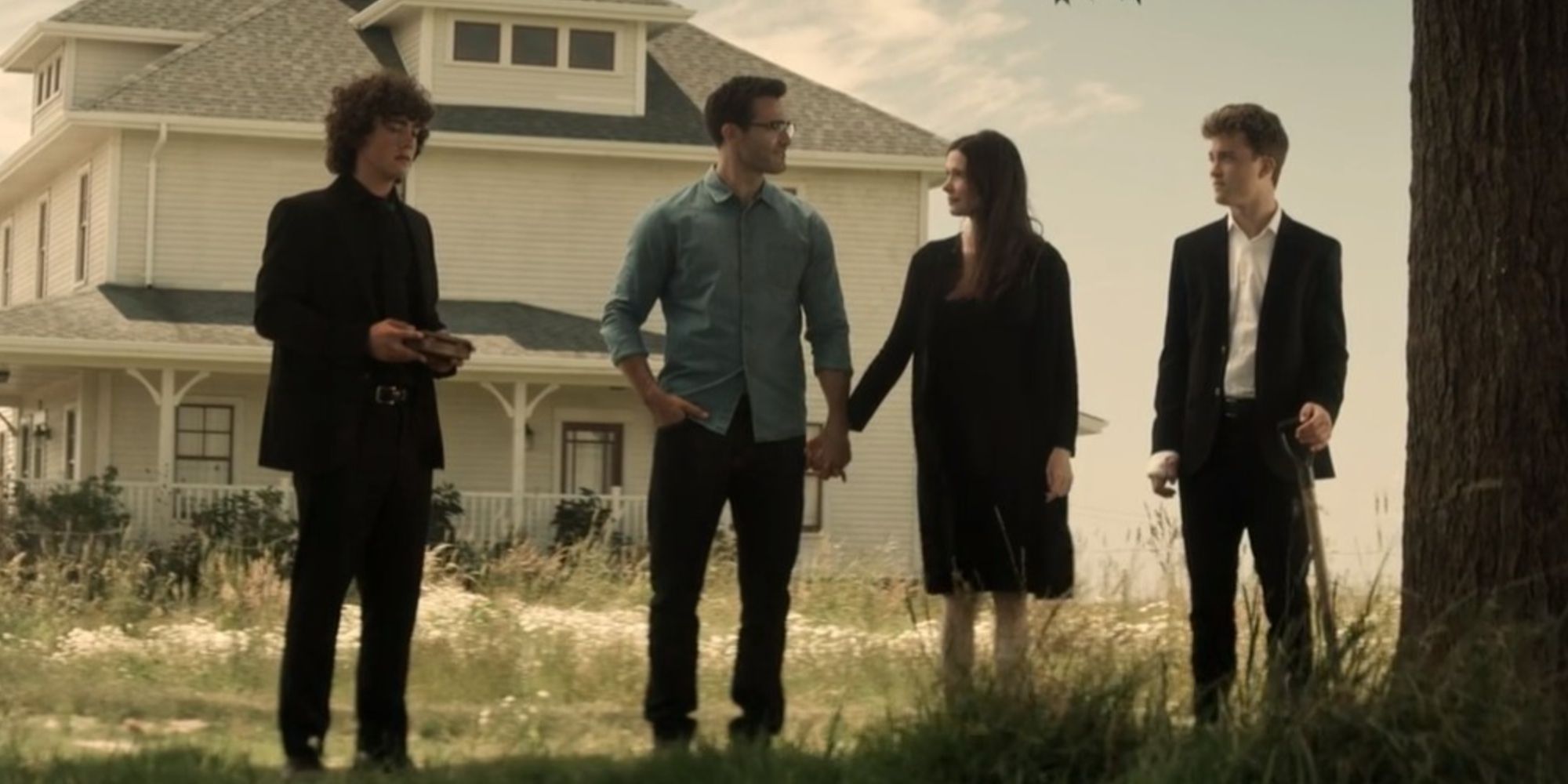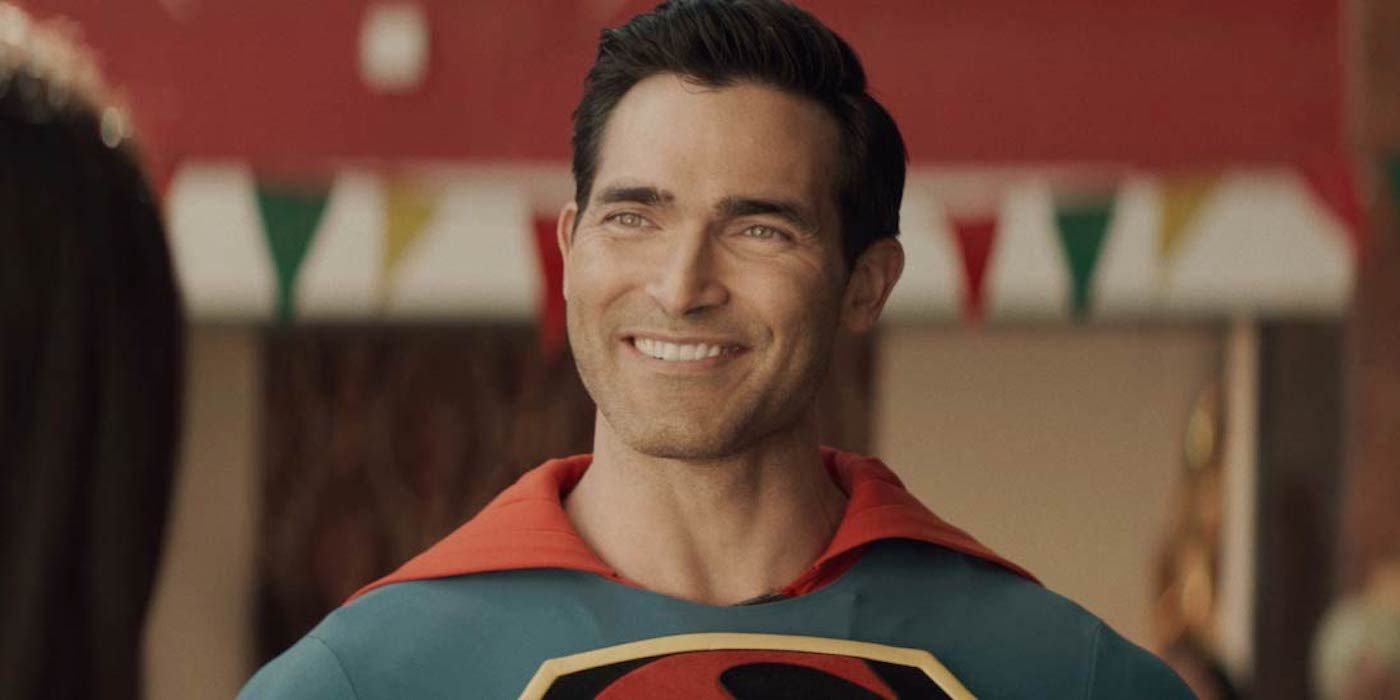The relationship between superheroes and the police is long and complex. In early Golden Age comics, Superman often butted heads with local law enforcement, but with the 1954 introduction of the Comics Code Authority and its prohibition against portraying police officers in a disrespectful manner, costumed crime-fighters and local constabularies became much friendlier with each other. Over the decades, greater freedom and nuance found their way back into the world of comics, and creators were able to recomplicate the relationship between superheroes and the police. However, for the most part, writers have continued to place the two groups on the same side.
Batman works with Commissioner Gordon. Superman works with the Special Crimes Unit. Even Spider-Man, in the 2018 PlayStation 4 game Spider-Man, works extensively with the NYPD. Taken uncritically, this makes sense. Superheroes fight crime, and the police fight crime. They’re a match made in heaven. However, for many fans, particularly following George Floyd’s murder and the resulting social and political unrest, this is an uncomfortable pairing, to say the least. With the widespread reconsideration of policing and its place in society, it is particularly noteworthy that Superman & Lois has had little to no police presence throughout its first two seasons.
The Smallville of Superman & Lois is fairly well-defined. It has everything one might expect a small town to have, including schools, a local diner, a charming main street, a mayor and municipal government, seasonal festivals and various small businesses. A friendly sheriff and a handful of deputies feel like they’d fit right in with all of these Mayberry-esque trappings. Yet, the only emergency service in the town appears to be the fire department. This Smallville doesn’t quite have the weekly murder rate of the version featured on Smallville, but it does face its fair share of dangers. Still, when a threat does arise, it is almost always Fire and Rescue that responds to the call.
Narratively speaking, Sam Lane’s Department of Defense serves many of the same functions that a police department would on a show like The Flash. They provide Superman with information and support, and they often take thwarted supervillains into custody. Then again, as the events of Season 2 revealed, Superman feels a fair amount of ambivalence about working so closely with a military organization. Even with his father-in-law in charge, he often pushes back against the DoD’s more violent and extreme tactics. Superman wants to keep the world safe, but he clearly has reservations about contributing to a wider police state.
Despite Superman’s friendship with cops like Inspectors Bill Henderson, Maggie Sawyer and Dan Turpin at different points in his history, this complex relationship with policing is consistent with his character. When discussing DC’s Trinity, writers often describe Wonder Woman as a diplomat, Batman as a cop and Superman as a firefighter. Indeed, from the beginning, his “neverending battle” has not been for law and order but, rather, truth and justice. He is more concerned with keeping people safe than he is with keeping them in line.
In many ways, the absence of police on Superman & Lois is an evolution of how Smallville handled law enforcement. Throughout its ten seasons, Smallville featured a precinct’s worth of corrupt or otherwise compromised cops. In the Season 1 episode, “Rogue,” a Metropolis detective tries to blackmail Clark. In the Season 2 episode, “Suspect,” Sheriff Ethan frames Jonathan Kent for shooting Lionel Luthor. In the Season 8 episode, “Bulletproof,” Clark helps uncover a whole gang of corrupt officers. Even “good” law enforcement officials, like Sheriff Adams, often come across as bullies when dealing with members of the community.
Police stories, like superhero stories, often hinge on a good guy/bad guy binary. Cops are good guys, and criminals are bad guys. History shows that reality is much messier, but series like Law & Order, Blue Bloods, Chicago PD and a host of others, including many that aren’t even centered around law enforcement, still push this simple narrative. That’s what makes the decision to omit police from Superman & Lois so revolutionary.
Superman is the ultimate good guy, and because of that, he strives to see the best in everyone. A good/evil binary makes no sense to someone who believes that everyone is worth saving. Yes, he fights invading Kryptonians, parasitic cult leaders and the odd monster here and there, but never with undue violence or as part of a larger need to crush evil. He does it to protect people from danger. Superman simply wants to keep everyone safe. By leaving out a potentially problematic police force and avoiding the all-too-common trap of law enforcement glorification, the writers of Superman & Lois are able to stay true to the Man of Steel and make the case for a compassion-based approach to public safety.
Seasons 1 and 2 of Superman & Lois are available to stream on HBO Max.



